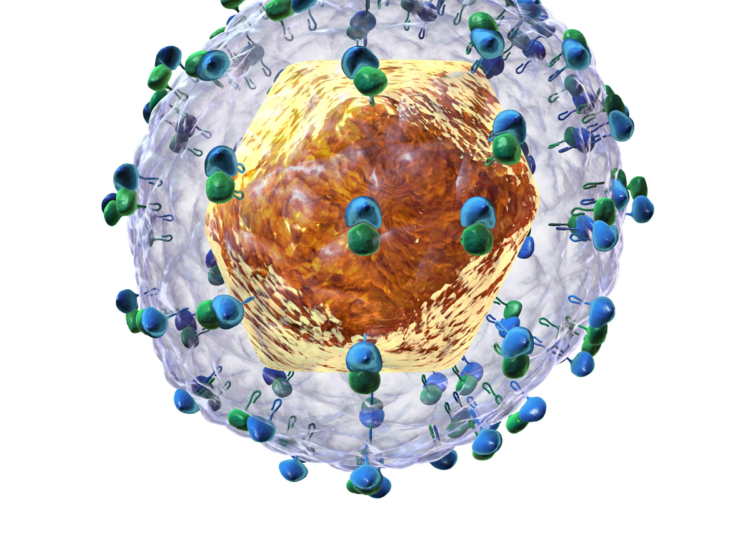By Health In Five Writer
Hepatitis is a silent killer. Getting tested and early diagnosis of it can lead to appropriate evaluation and treatment. It is imperative for Hepatitis patients to go for regular screening tests once in every six months to keep life-threatening liver conditions such as cirrhosis, cancer, or liver failure.
Hepatitis viruses are the most common cause of hepatitis causing inflammation of the liver. There are 5 types of hepatitis – A, B, C, D, and E. Hepatitis A can be seen when the person consumes contaminated food or drinks water infected with the farces of a person with hepatitis A. Hepatitis B is transmitted via semen, vaginal fluids, and blood and can be passed from a mother to a new born during delivery. Sharing needles and having unprotected sex can invite Hepatitis B. Hepatitis C happens when one comes in contact with another person who is infected with the hepatitis C virus (HCV). Hepatitis D spreads when infectious body fluids like blood, saliva, semen, and vaginal fluid come into contact with body tissues beneath the skin through needle puncture or mucous membranes. Hepatitis E is transmitted from the poop or if you drink or eat something that has been in contact with the stool of someone who suffers from it. Tiredness, nausea, vomiting, stomach pain, poor appetite, dark urine, joint pain, yellow skin, and joint pain are notable symptoms of hepatitis.
Dr Keerthi Prakash Kotla, Consultant Pathologist, Apollo Diagnostics Pune, “Most of the people who have it are unaware of it and may face serious consequences in later life. It can be termed as a silent epidemic as ones with hepatitis B and C will not showcase any symptoms, and unknowingly spread the virus to others. Screening leads to a thorough evaluation and treatment of individuals infected with hepatitis and prevents the progression of liver disease to cirrhosis, hepatocellular carcinoma, and the associated morbidity and mortality.
India has “intermediate to high endemicity” for Hepatitis B surface antigen and an estimated 40 million chronic HBV infected people, constituting approximately 11% of the estimated global burden. Population prevalence of chronic HBV infection in India is around 3-4 %. As per WHO, in India, about 4 crore people are chronically infected with hepatitis B and 60 lakh to 1.2 crore people are chronically infected with hepatitis C. According to the Indian Journal of Medical Research, in India about 2,50,000 people die of viral hepatitis or its sequelae every year. Screening for hepatitis involves a blood test that detects antibodies produced by a person’s immune system to fight the virus. A positive test result means the person is currently infected, had been infected, or has been vaccinated against infection and is immune to infection. If the results of a blood test indicate the presence of hepatitis antibodies in the bloodstream, the same blood sample is tested to evaluate with PCR test whether the virus is still present and if so how much is present in the bloodstream, said Dr. Kotla.
“Hepatitis C can be worrisome amongst all. Once it’s in your blood, it travels to your liver, where it may settle in for a long period of time. Hepatitis C is one of the top reasons for liver transplants as well. Every year many patients come for treatment for hepatitis. But some ignore it. Ignoring this disease can make the disease worse. So that, Getting tested and treated early can stop the hepatitis virus from triggering cirrhosis or cancer. Early Diagnosis and early initation of treatment can stop the hepatitis virus from triggering cirrhosis or liver failure”, concluded Dr Mukesh Budhawani General Physician Apollo Clinic Pune.
Follow Health In Five on LinkedIn, Facebook, Twitter & Instagram
Subscribe on WhatsApp & Telegram to receive real time updates







































